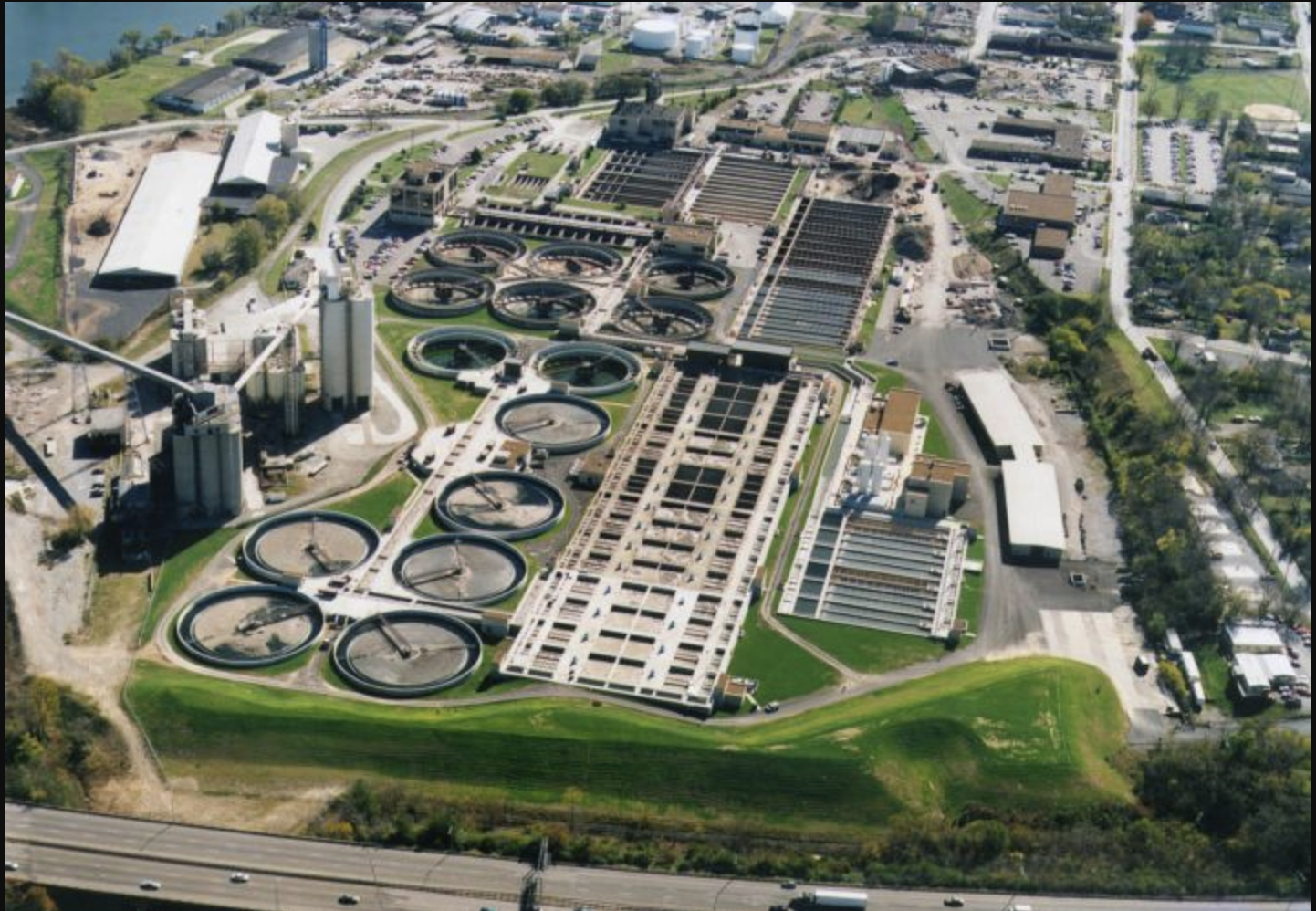Editor’s Note: The following series “Eat. Drink. Assess Accessibility.” is a week-long series curated by Erica Casareno as part of the Digital Research Internship Program partnership with ViaNolaVie. The DRI Program is a Newcomb Institute technology initiative for undergraduate students combining technology skillsets, feminist leadership, and digital humanities.
New Orleans is a city renowned for its food and drink. From po-boys to pralines and from coffee and chicory to hurricanes, the Crescent City’s cuisine has captivated the hearts and tongues of local foodies and gastrotourists alike. Although food and beverage has existed as one of the largest industries in the city’s economy, a significant portion of New Orleanians struggle to access food and clean water. This grouping of articles explores the challenge of providing food security and clean water access to New Orleans.
Folks who live in New Orleans are familiar with the term, ‘boil water advisory.’ Being that New Orleans’ tap water originates in the Mississippi River, a trade route bustling with boats and barges, a common concern is that New Orleans tap water may not be safe to drink. The following article originally published on January 8, 2020 as part of a series called “Dear Big Chem-EZ” addresses the water purification process and concerns related to tap water quality.
Editor’s Note: There are a lot of questions when it comes to water, soil, and the air we breathe in New Orleans, so ViaNolaVie teamed up with the Chemical Engineering Service Learning Class at Tulane University, taught by Dr. Julie Albert, in order to get some of these questions answered. The series is called “Dear Big Chem-EZ” (think “Dear Abbey” but with less about “Why does my partner ignore me?” and more about “Can I actually drink my tap water?” and “What’s that smell outside my house?”). The series will be published the second Wednesday of every month. If you have questions you’d like answered, send them to kelley@nolavie.com. Here’s our first entry that finally answers the question of: What’s going on with our tap water?
Dear Big Chem-EZ,
I heard that my tapwater comes from the Mississippi River. With all of the barges and industry along the river, how is it that the water coming out of my facet is safe to drink?
Water is one of the most important natural resources in the world. Although 71% of the earth is water, only about 0.26% of the water on earth can be used directly by people. Because of this, water purification is essential for ensuring everyone has access to safe, clean water.
Water purification is the process of removing undesirable chemicals, biological contaminants, suspended solids, and harmful gases from water and the processes for doing so are usually divided into three categories: physical processes, biological processes, and chemical processes.
In New Orleans, drinking water is purified from the Mississippi River through seven steps.
1, Water is pumped from the Mississippi River to the Carrollton Water Purification Plant. Coagulation chemicals are added to the water to make fine particles and solids in the water clump together.
2, Mechanical paddles are used to cluster small particles into larger particles that will quickly settle into holding basins.
3, The flocculated water travels through the primary settle basin, which captures the particles and allows only clarified water to pass.
4, Chlorine and ammonia are added to produce chloramine, which disinfects the water.
5, Lime, also known as calcium oxide, is added to adjust the pH of the water.
6, A small amount of fluorosilicic acid is added to aid in the prevention of dental cavities.
7, The final step is to filter the water through sand and activated carbon to remove any remaining particles. The water is then distributed throughout the city.

Carrollton Water Purification Plant
If you would like to know more about the NOLA water purification process, I recommend you check out the NOLA Sewage and Water Board website: https://www.swbno.org/About/WaterPurificationProcess
-The Big ChemEZ
 NOLAbeings Multimedia artist Claire Bangser created NOLAbeings as a portrait-based story project that marries...
NOLAbeings Multimedia artist Claire Bangser created NOLAbeings as a portrait-based story project that marries...  Voodoo in New Orleans: Reviving history: New Orleans fortune telling This article takes a deep dive into the history of Voodoo in New Orleans, its hybridization with Catholicism, and its present-day place in the city's culture. The author visits fortune-tellers in the French Quarter, using their guidance as a tool for introspection rather than a deterministic predictor of the future. Through her experiences in New Orleans, the author feels a mystical connection to both the past and the future.
Voodoo in New Orleans: Reviving history: New Orleans fortune telling This article takes a deep dive into the history of Voodoo in New Orleans, its hybridization with Catholicism, and its present-day place in the city's culture. The author visits fortune-tellers in the French Quarter, using their guidance as a tool for introspection rather than a deterministic predictor of the future. Through her experiences in New Orleans, the author feels a mystical connection to both the past and the future. 
[…] Big Chem-EZ, I read your previous article, “Is it safe to drink the tap water in New Orleans?”, but what happens to the drinking water supply after major storms and breaks in the water […]